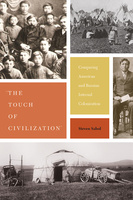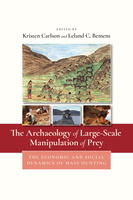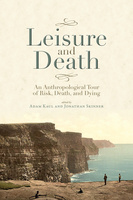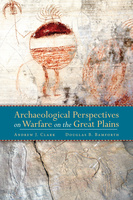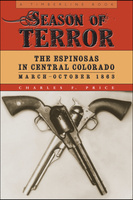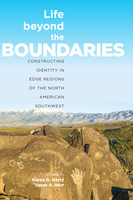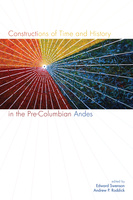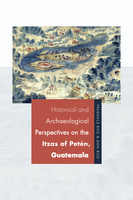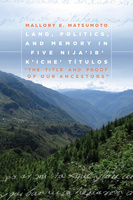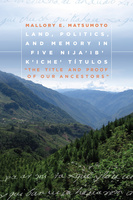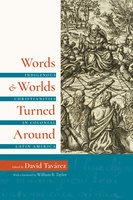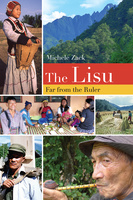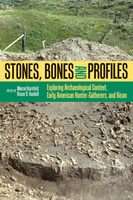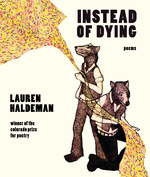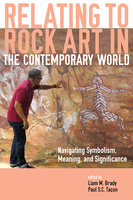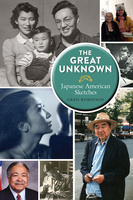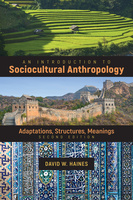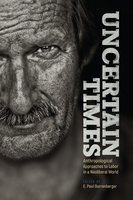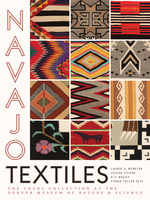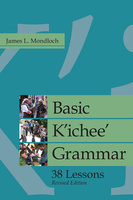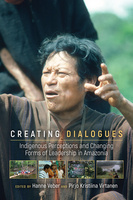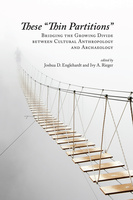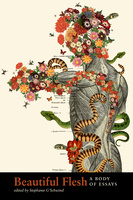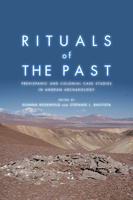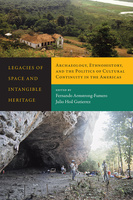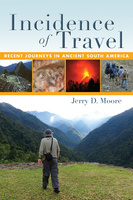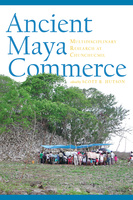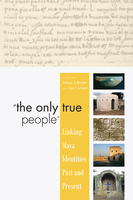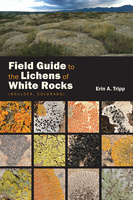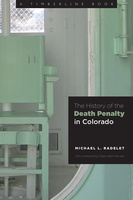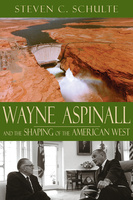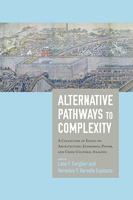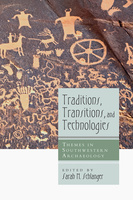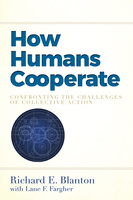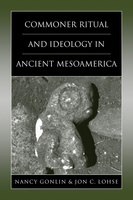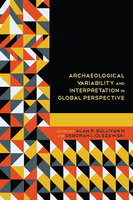"The Touch of Civilization"
Comparing American and Russian Internal Colonization
The Archaeology of Large-Scale Manipulation of Prey
The Economic and Social Dynamics of Mass Hunting
Leisure and Death
An Anthropological Tour of Risk, Death, and Dying
This anthropological study examines the relationship between leisure and death, specifically how leisure practices are used to meditate upon—and mediate—life. Considering travelers who seek enjoyment but encounter death and dying, tourists who accidentally face their own mortality while vacationing, those who intentionally seek out pleasure activities that pertain to mortality and risk, and those who use everyday leisure practices like social media or dogwalking to cope with death, Leisure and Death delves into one of the most provocative subsets of contemporary cultural anthropology.
Archaeological Perspectives on Warfare on the Great Plains
Season of Terror
The Espinosas in Central Colorado, March–October 1863
Jeannette Rankin
A Political Woman
Life beyond the Boundaries
Constructing Identity in Edge Regions of the North American Southwest
Constructions of Time and History in the Pre-Columbian Andes
A History of Mortgage Banking in the West
Financing America's Dreams
Historical and Archaeological Perspectives on the Itzas of Petén, Guatemala
Land, Politics, and Memory in Five Nija’ib' K’iche’ Títulos
"The Title and Proof of Our Ancestors"
Land, Politics, and Memory in Five Nija'ib' K'iche' Títulos
"The Title and Proof of Our Ancestors"
Words and Worlds Turned Around
Indigenous Christianities in Colonial Latin America
The Lisu
Far from the Ruler
The Last Stand of the Pack
Critical Edition
Stones, Bones, and Profiles
Exploring Archaeological Context, Early American Hunter-Gatherers, and Bison
Instead of Dying
Relating to Rock Art in the Contemporary World
Navigating Symbolism, Meaning, and Significance
An Introduction to Sociocultural Anthropology
Adaptations, Structures, Meanings
Uncertain Times
Anthropological Approaches to Labor in a Neoliberal World
Navajo Textiles
The Crane Collection at the Denver Museum of Nature and Science
Creating Dialogues
Indigenous Perceptions and Changing Forms of Leadership in Amazonia
These "Thin Partitions"
Bridging the Growing Divide between Cultural Anthropology and Archaeology
Beautiful Flesh
A Body of Essays
Rituals of the Past
Prehispanic and Colonial Case Studies in Andean Archaeology
Rituals of the Past explores the various approaches archaeologists use to identify ritual in the material record and discusses the influence ritual had on the formation, reproduction, and transformation of community life in past Andean societies. A diverse group of established and rising scholars from across the globe investigates how ritual influenced, permeated, and altered political authority, economic production, shamanic practice, landscape cognition, and religion in the Andes over a period of three thousand years.
Legacies of Space and Intangible Heritage
Archaeology, Ethnohistory, and the Politics of Cultural Continuity in the Americas
Incidence of Travel
Recent Journeys in Ancient South America
Ancient Maya Commerce
Multidisciplinary Research at Chunchucmil
"The Only True People"
Linking Maya Identities Past and Present
"The Only True People" is a timely and rigorous examination of ethnicity among the ancient and modern Maya, focusing on ethnogenesis and exploring the complexities of Maya identity—how it developed, where and when it emerged, and why it continues to change over time. In the volume, a multidisciplinary group of well-known scholars including archaeologists, linguists, ethnographers, ethnohistorians, and epigraphers investigate ethnicity and other forms of group identity at a number of Maya sites and places, from the northern reaches of the Yucatan to the Southern Periphery, and across different time periods, from the Classic period to the modern day.
Field Guide to the Lichens of White Rocks
(Boulder, Colorado)
Wayne Aspinall and the Shaping of the American West
In Wayne Aspinall and the Shaping of the American West, Steven C. Schulte details a political career that encompassed some of the most crucial years in the development of the twentieth-century West. As chairman of the House Interior and Insular Affairs Committee from 1959 to 1973, Aspinall shaped the nation's reclamation, land, wilderness, and natural resource policies. His crusty and dtermined personality was at the enter of some of the key environmental battles of the twentieth century, including the Echo Park Dam fight, the struggle for the Wilderness Act, and the long controversy over the Central Arizona Project.

